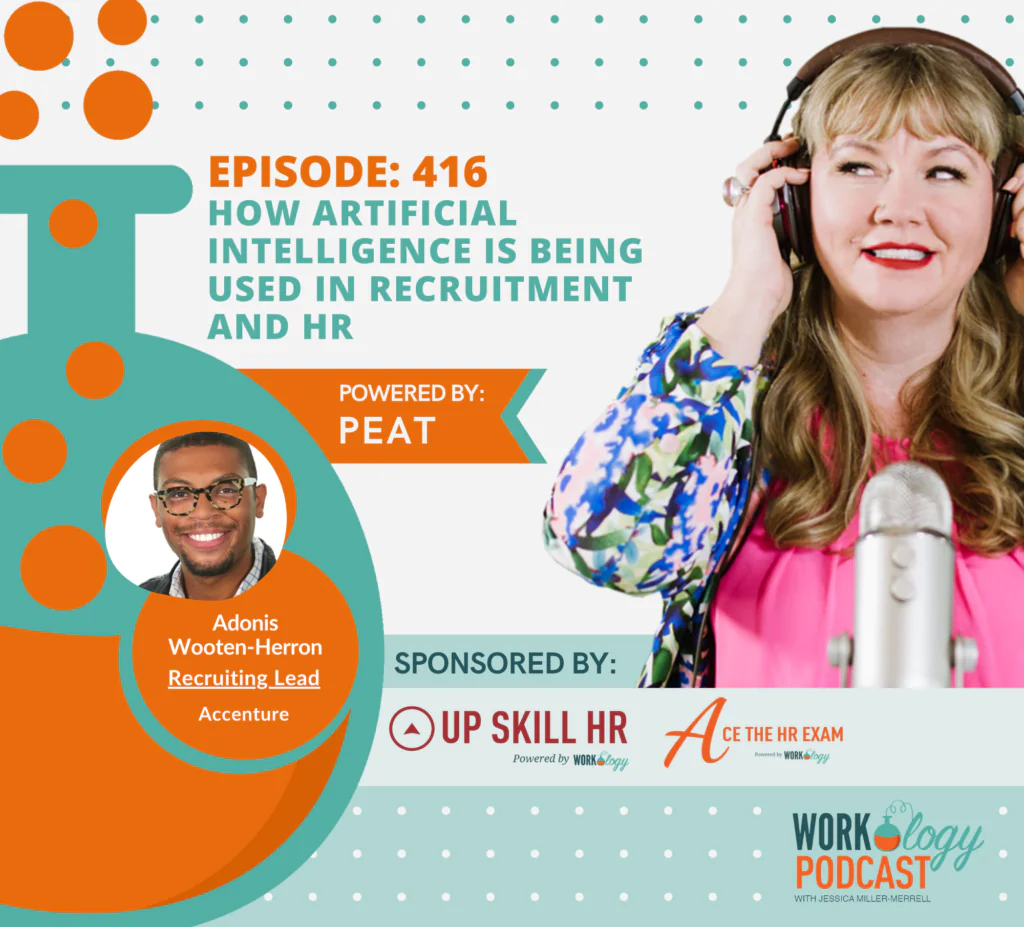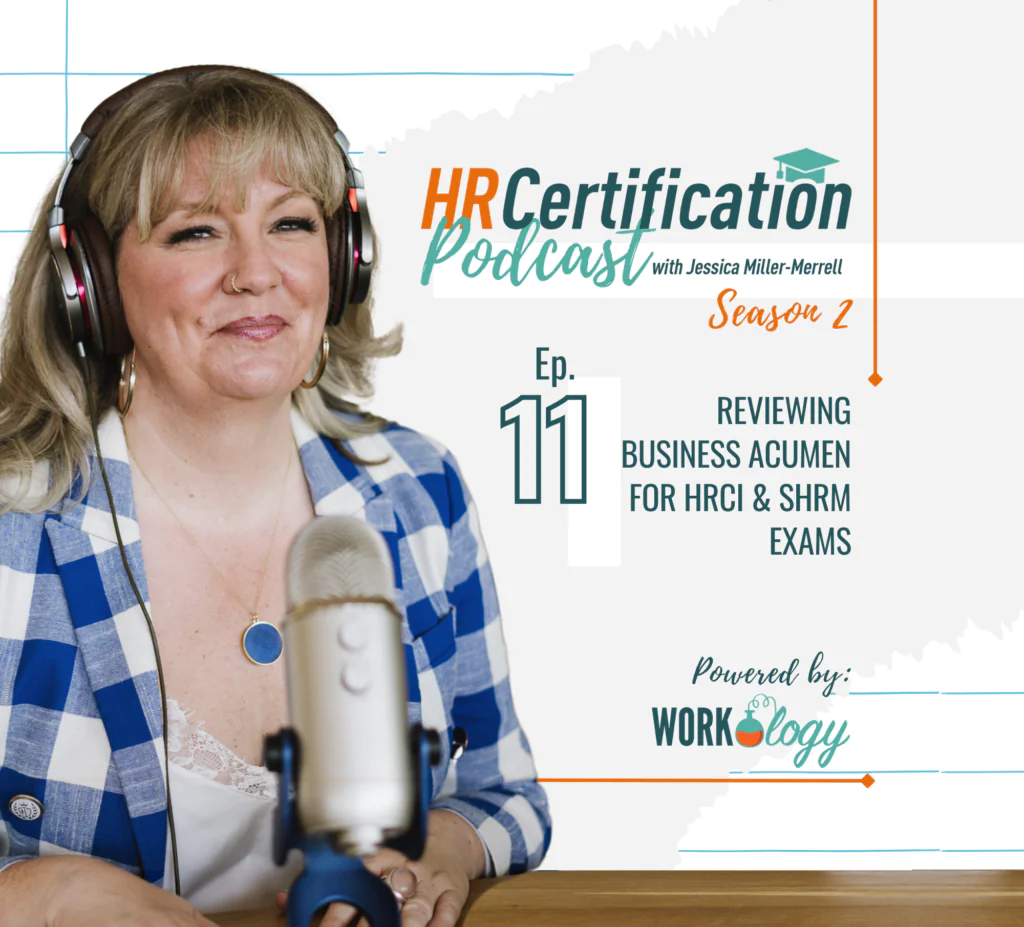Interviews can be tough for both parties. Heck the hiring proces isn’t either for the candidate or the recruiter. As a job seeker, you will inevitably spend most of your time at work, therefore, both sides want to find the right fit. From a candidate’s perspective, you want to figure out if this is a place where you want to build your career and grow. From an employer’s perspective, you want to make sure this is someone who will, not only be a great employee, but also bring something unique to your company. The question is how do you figure out if someone is the right fit in an hour or less?
What’s interesting is that regardless of the position, field, skills or experience level, the new team members we hired all had 3 simple things in common regarding their attitude. Surprisingly, even though they are pretty straightforward, the vast majority of the people who have been interviewed at organizations in my experience did not follow them. As it turns out, these 3 things were a major deciding factor in our decisions, even over experience level. I thought it could be useful to share them with job seekers. I believe if you keep them in mind when going into your next interview, you can significantly increase your chances of getting the job you want.
Land Your Dream Job With These Top 3 Skills & Qualities
#1 – Being Mission Driven
It’s pretty easy to separate the people who are just looking for a paycheck, from the ones who want to have an impact and add value to a mission.
The big difference is that the latter asks questions. A lot of questions. Throughout the whole interview process. This person doesn’t wait until the end.
They want to know: about the background of the company, why we are chasing this mission, our biggest challenges, why we follow our current strategy, why not another strategy, if we are A-players, why we think we have A-players in the team, how we differentiate from the competition, how much we care about our people, what the product looks like, the culture we aim to build, the expected work mentality and how we will become successful as a company.
While it may seem like overkill, not asking these questions pro-actively indicates to me that you aren’t really interested in joining your company. Additionally, it creates the perception that you don’t aim to get the best for yourself, as without asking lots of questions, you won’t know if this is the best fit for you. Finally, if you don’t find out more, it’s truly hard to say you are passionate about what we do, which is one of the most important drivers for us.
Take it this way, you only have one life, you can spend each moment only once. Though you can also only spend money once, the big difference is that you will never be able to get back your time, so why not spend it doing something that truly excites and motivates you?
Though for our parents, things like job safety and keeping in line with social expectations were major factors when considering a career, today things have changed for us. This generation is much more concerned with finding a job with a sense of purpose, an energized work culture and opportunities for growth and development.
If you don’t ask about the company and role, how do you know it’s not going to be a waste of your valuable time? How do you know you will still be excited to get out of bed every morning in the long term? How do you know you’ll be challenged and learn something new every day?
#2 – Being a Teacher and a Student
Nowadays it luckily has become socially acceptable to follow your own passion and start a company that will hopefully make the world a better place (I’m very excited that so many people have the courage to start a company, but it’s definitely another good reason that you should be asking questions). Given the increasing number of startups and their natural need for external funding, there has never been more people trying to convince investors to take a chance on their idea.
One very valuable lesson I learned from the partners at Y-Combinator with regard to raising money is to always make sure you teach the other person (investor) something new about a topic you both care about. This is one of the most effective ways to keep someone’s attention and make sure they remember you.
The same applies during a job interview. When you are interviewing for hours back to back you naturally start to lose energy and focus. Often this gets accelerated when the majority of the candidates are passive throughout the interview. As soon as someone teaches us something new, something we didn’t think about or something we could do better, they have our full attention.
We are looking for people who are smarter than us. Someone who will help us improve as a company and learn new things. You might think that this sounds obvious, but there are so very few people I see doing this. Even if you can’t teach an interviewer something new, take a topic they know about and turn it on its head. Showing an interviewer you have the ability to think outside the box and can bring a fresh perspective to common challenges is extremely valuable.
Getting in the habit of asking questions will also give you insights into topics they might want to learn more about.
#3 – Staying In the Driver’s Seat
This is by far the most simple habit to teach yourself, but so few people do it. That’s why this is a great way to distinguish yourself from the other candidates throughout an interview process.
Way too often we will have interviews with people and we don’t hear back anything in the next days/weeks if we don’t reach out to them. This really indicates to us that someone is passive/reactive or simply did not care/was not excited after the interview.
However, it often turns out that when we do get back to these candidates they’re actually very interested.
The ones that do differentiate themselves are the ones that follow up directly after the interview with a thank you note and the ability to articulate how they can become successful in the role. They send you additional relevant information/blog posts about our industry in the next few days/weeks and, if we don’t reach out soon after the interview, they check in after a week to ask about the status of their application.
I noticed the people who are proactive in asking us about the next steps are way more positively perceived and more often considered as they make sure to stay on top of our minds. Recruiting is just one of the many things to focus on when expanding a company. Therefore, we actually very much value and appreciate it when the candidate keeps the pace and checks in on the status of the process. In our minds, this person is very likely to show the same behavior when working for the company.
Just teach yourself the habit to follow up and keep providing value to the person/company. Share interesting information that’s relevant to their business and keep them accountable for communicating their decision and next steps.
With only ⅓ of the workforce being engaged, I think that hiring people who demonstrate the mindsets laid out in this post is an important criterion and indicator to successful long-term engagement. If you do some proper research before the interview and are able to clearly express why you are passionate about the company and position, you are not only more likely to get the job, but will also be sure it’s the right fit for you.






